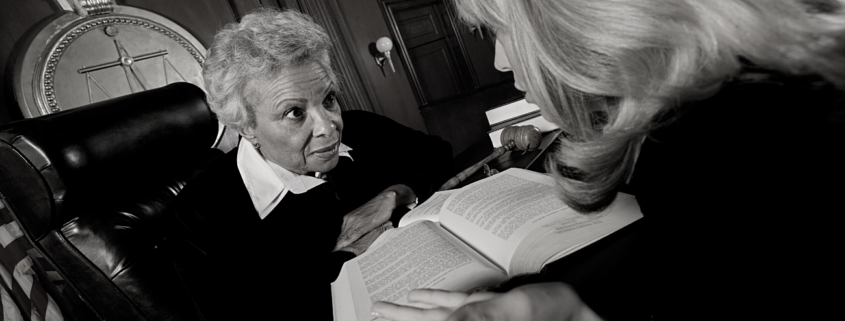The 3 Best Tools Attorneys Use
Lester Tate joined me on my most recent podcast episode of The Advocate’s Key to discuss a variety of topics. A few months in as a podcaster and I am just beginning to see the value of these monthly conversations.
They have become my monthly “dinner party” with some of the best legal minds in the nation.
This episode has so many great points, although I keep going back to Lester’s description of what it takes to be a great attorney.
What Tools Do the Best Attorneys Use?
- Scholarship: You have to be a legal scholar. You have to dedicate a certain part of your life to knowing the law very well. Researching the law is kind of a meta-skill. The more you know how to find the law, the more law you read, the more you find yourself revisiting familiar places. You make connections. Novel approaches occur to you.
- Courtroom Skills: You need to know what to do when you get inside the courtroom. You have to be able to connect with people, anticipate things that might arise, figure your way out of ambushes, and know the temperature of the room you are in.
- Political Savvy: So much of law is politics. Lester said, “private practice of law is supposed to be a profitable enterprise. We did this because we want to help people, but we want to make a living just like a carpenter, or a truck driver, or a doctor or a stockbroker does.” There is also an element of politics in being able to network, to have a community in which you work.
How to Become a Great Lawyer
Good lawyers have two of these three. The best have all three. But the best among us are rare. When I asked Lester where he came up with the three, he said he took the idea from the five-tool technique for evaluating baseball players.
If you could construct a great lawyer, it would be someone:
- Who has done all the research before coming the court,
- Someone who can execute a strategy in court based upon that knowledge,
- Someone you’d want to go to lunch with during a recess in proceedings.
The lawyers I admire most have all three tools. And the three-tool piece is a good way to check in with myself to make sure I am continuing to grow in my time as a lawyer.
My podcast lets me connect with good friends, mentors, and others I want to introduce your to.
I love that Lester gave me a helpful rubric to use in evaluating myself.
Who’s On Your Team?
It is also a helpful way to think of constructing the perfect trial team. Imagine putting together a team of lawyers with all three skills or an all-star team of the very best on particular area. Now, that’s something to think about!


